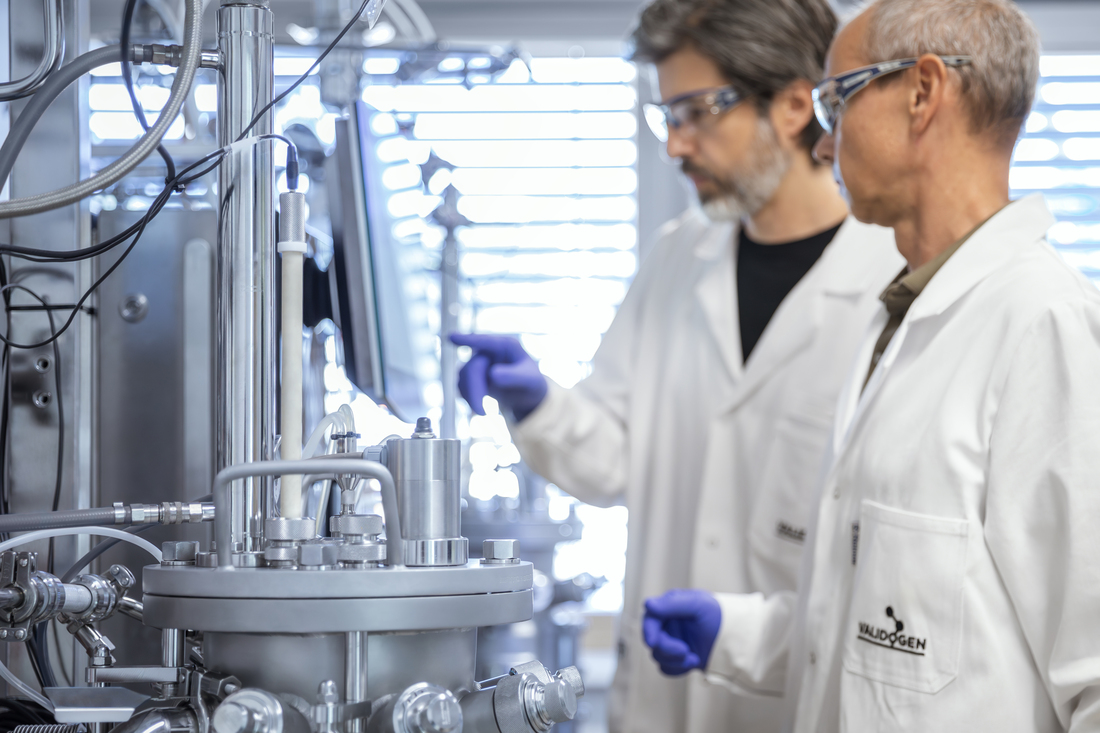Startup companies should draw upon expertise early in process development to avoid losing time on repeating scale-up or manufacturing-quality batches. That’s according to Validogen, a contract developer specializing in the development of yeast strains and processes for recombinant protein production.
The company is attending BIO-Europe in November and is keen to emphasize the importance of long-term thinking and early development of a robust process to avoid the potential of a process failure during early-stage GMP production.
“If your scale-up fails or your GMP batch fails, you can face both financial and time consequences as, for example, you may not be able to secure another slot for months [with your contract manufacturer],” explains Rosie Maddock, PhD, business development manager at Validogen.
According to Iskandar Dib, PhD, principal scientist, process development and analytics at Validogen, companies are often most familiar with the production of monoclonal antibodies in Chinese Hamster Ovary cells (CHO), where the platforms and processes used are often standardized.
As such, they run the risk of moving too quickly into early-stage production with more diverse protein formats, such as fragments, bispecifics, or therapeutic enzymes, he says.
“Monoclonal antibodies are often the same type of molecule in the same organization, which is why it’s easy to move forward with a platform process and then tweak processes to make improvements,” says Dib. “But now the spectrum of molecules is much broader; it can be harder to fine-tune [processes] later on.”
Dib suggests that companies take advantage of the expertise available for early development, especially if they’re a startup without a Chemistry, Manufacturing and Controls (CMC) expert on their starting team.
He recommends they devote extra time to developing a robust process that’s suited to later developability. They should also think about Quality by Design (QbD) even at this early stage. “It’s never too early to understand your process, especially as the authorities expect it,” he says.
“You don’t need a full process characterization or be talking about Critical Quality Attributes during early development, but you can build knowledge to get an understanding of the basics early on.”
